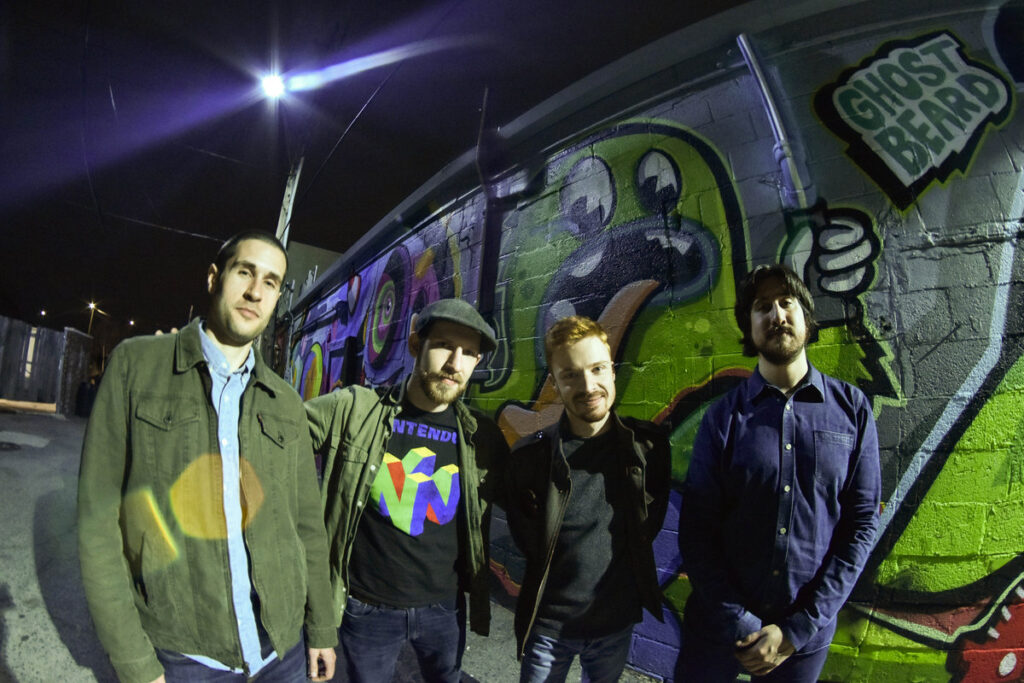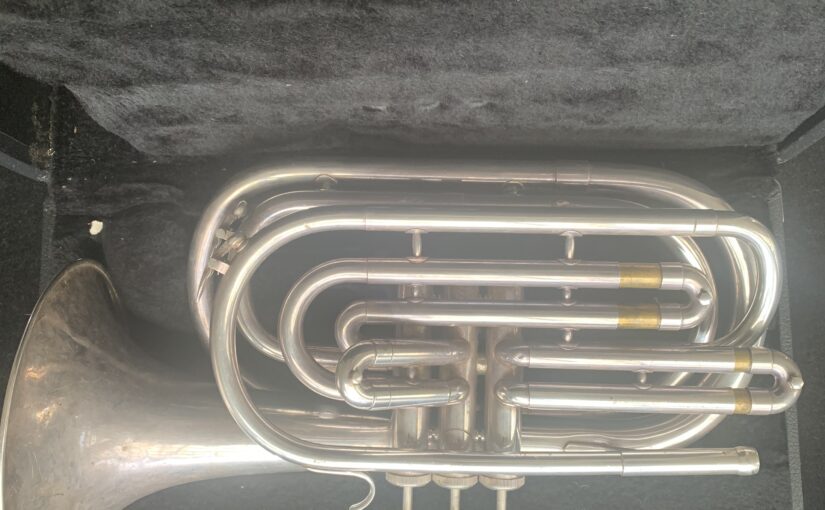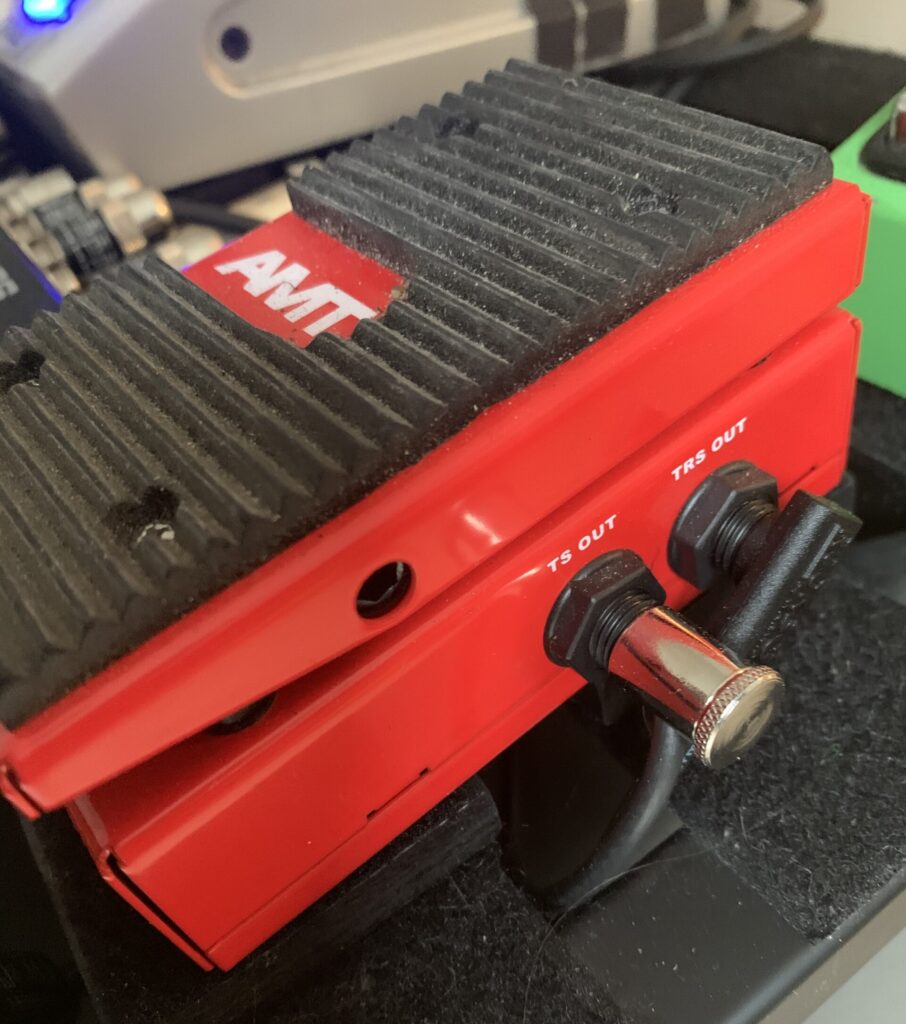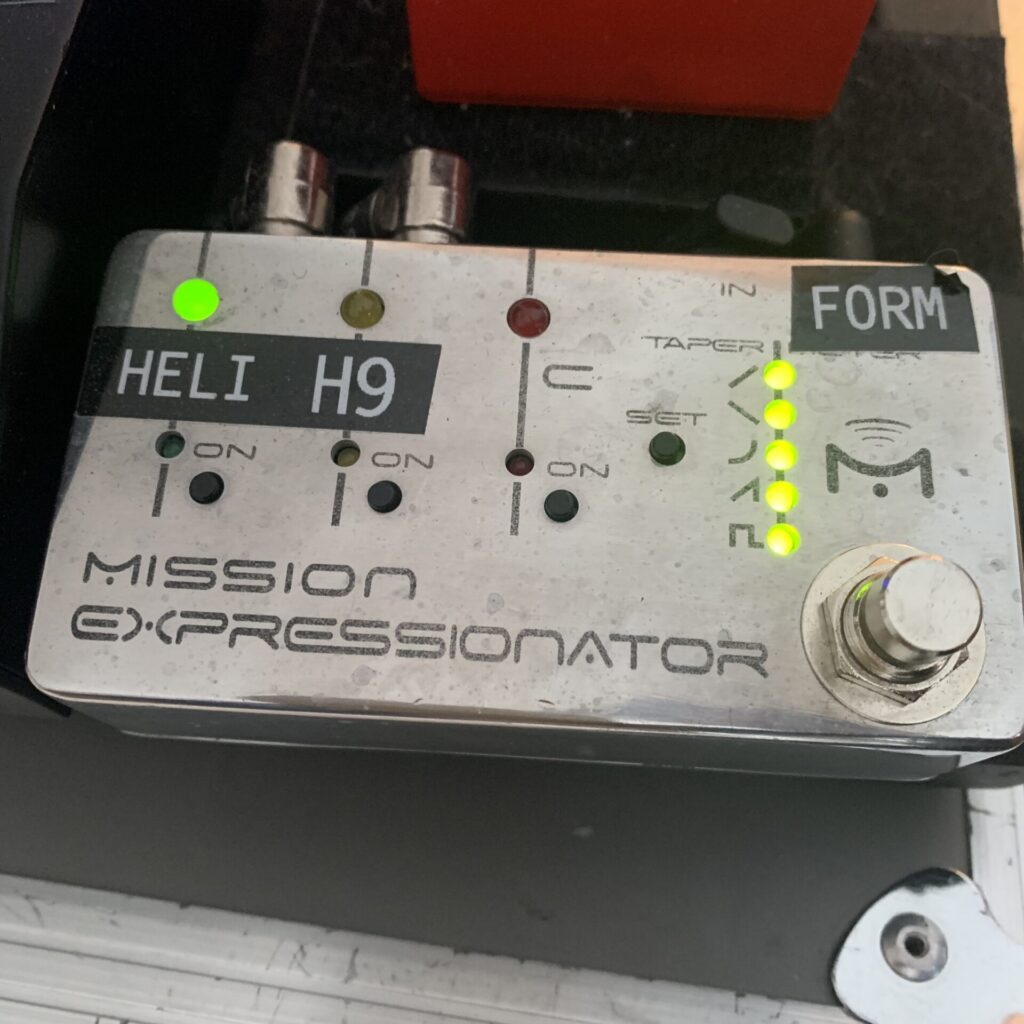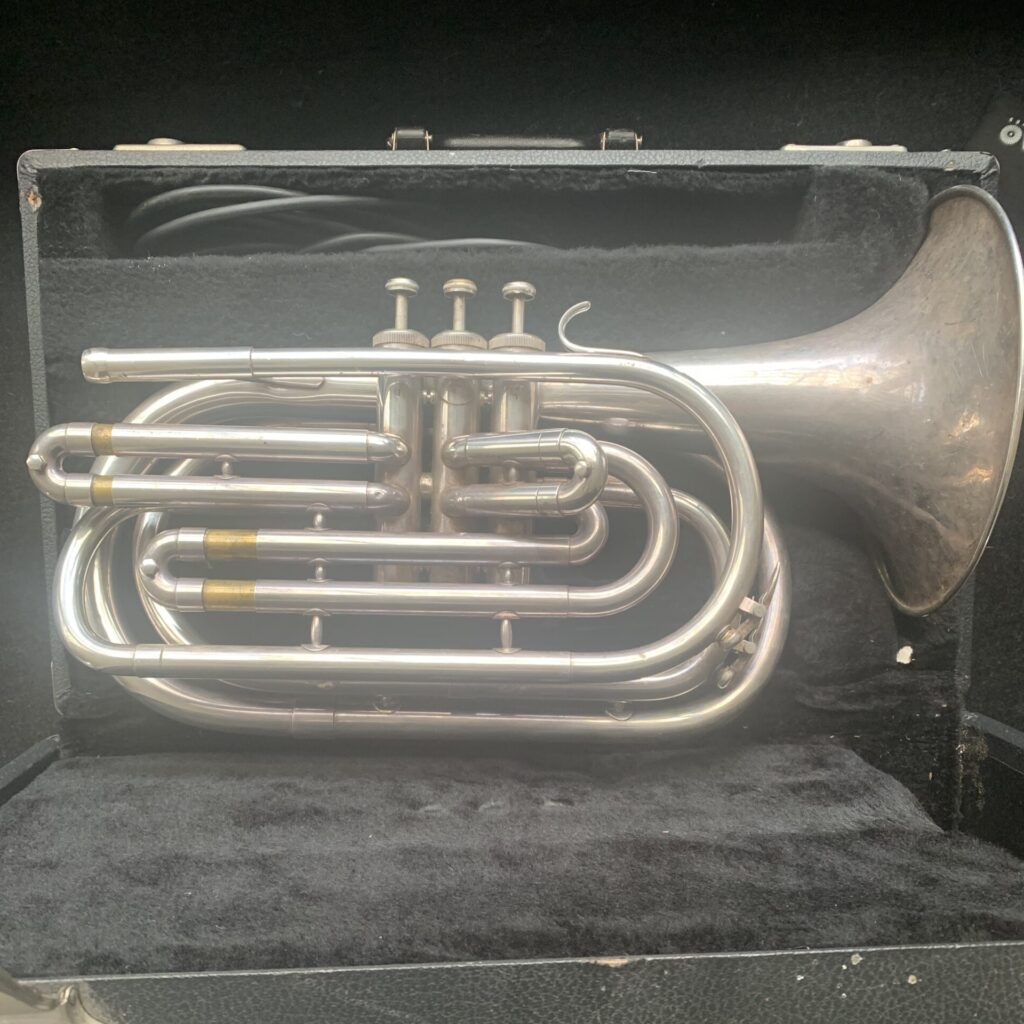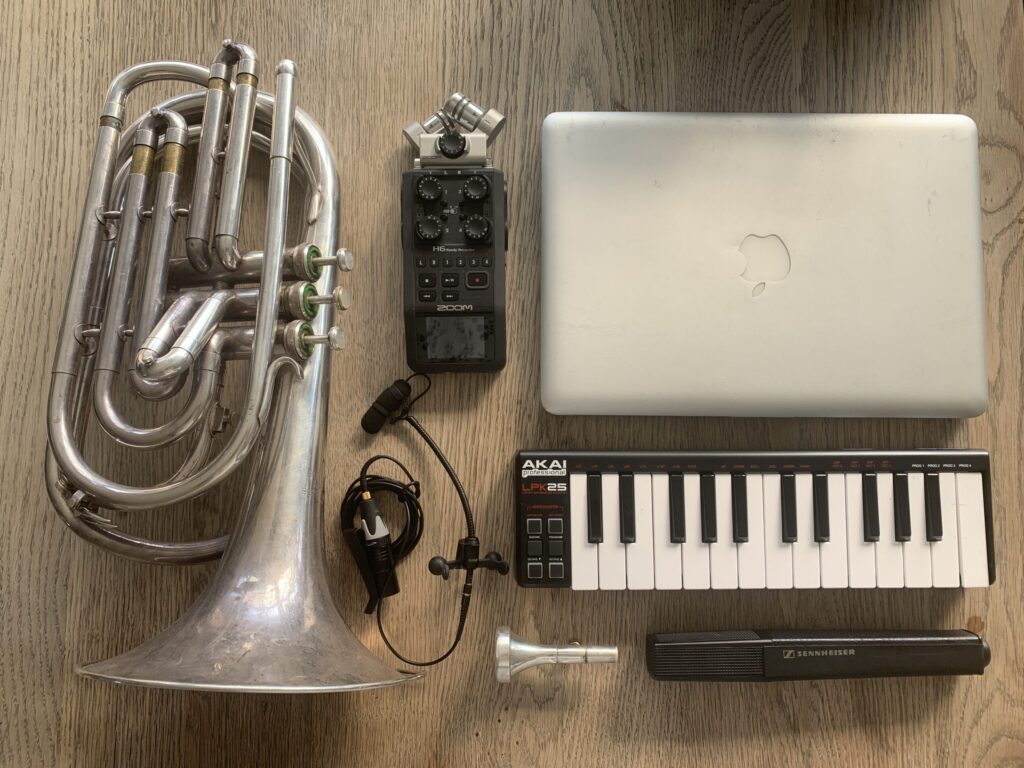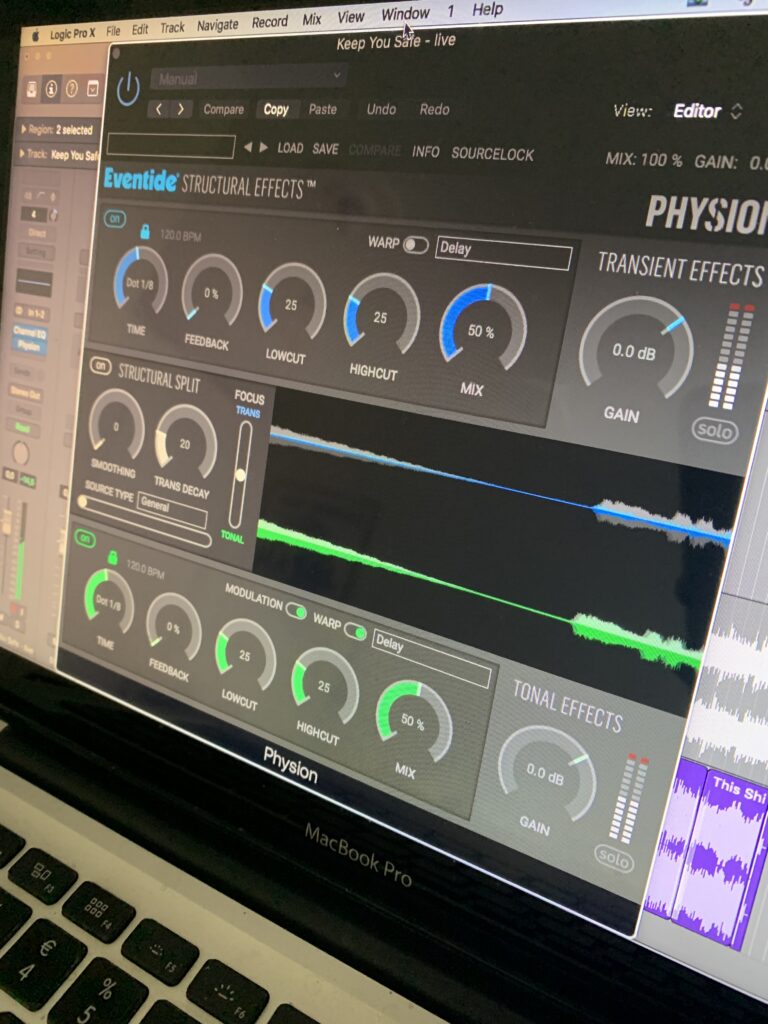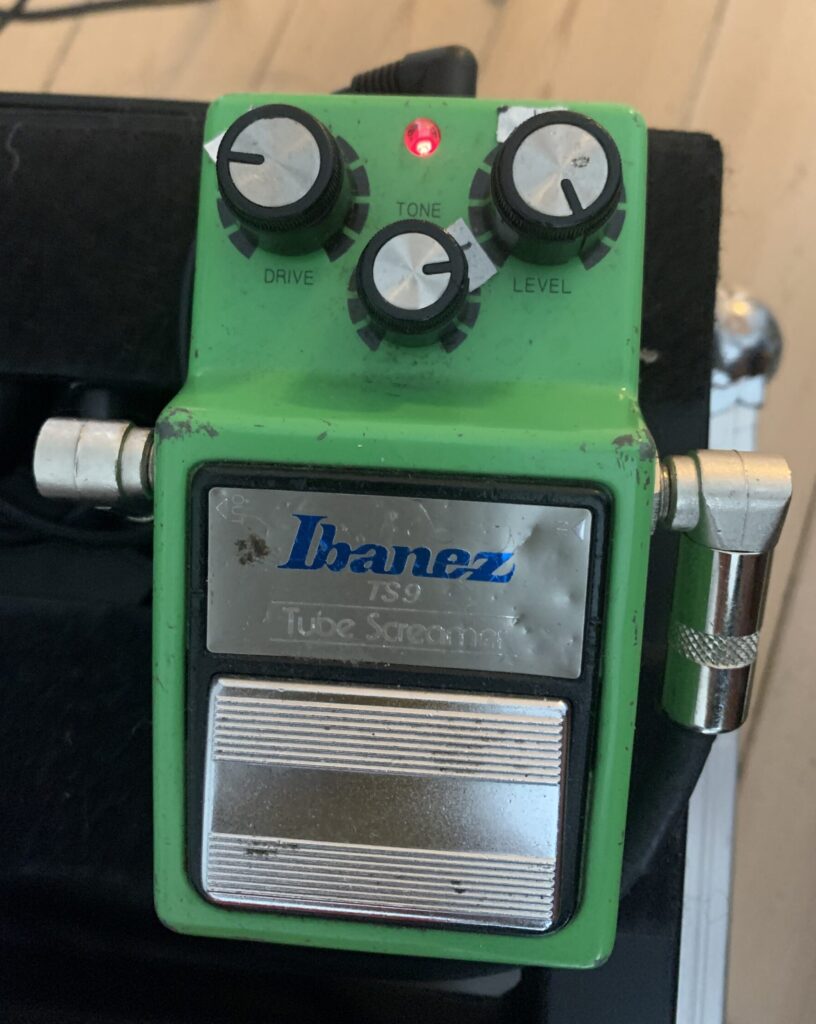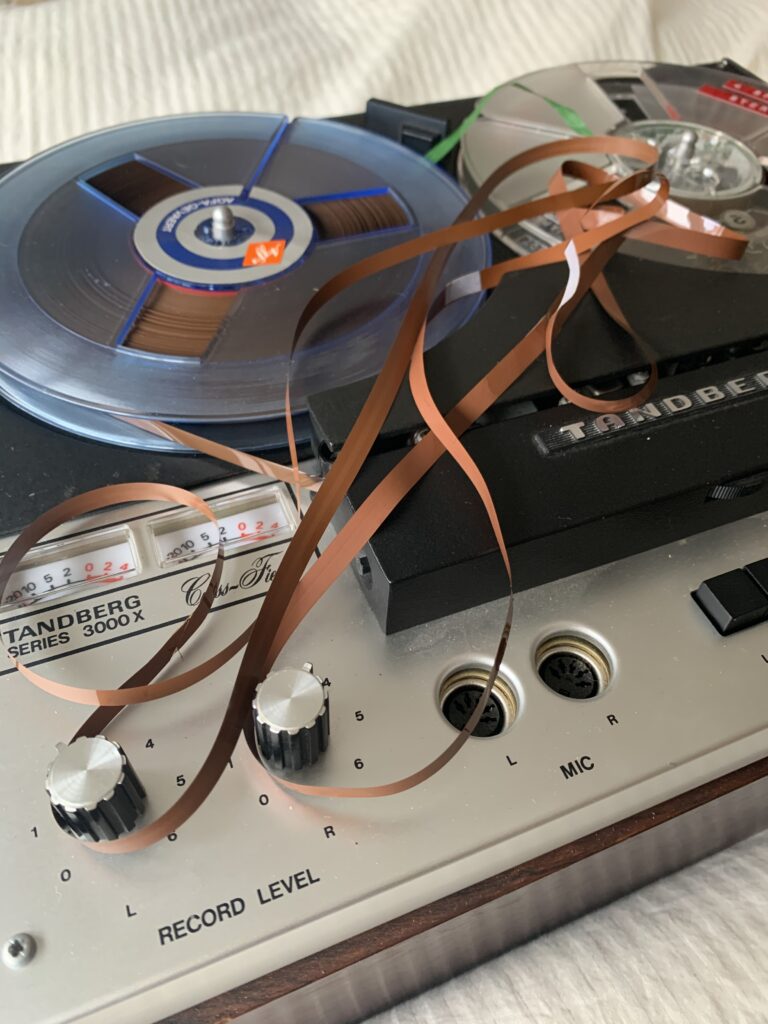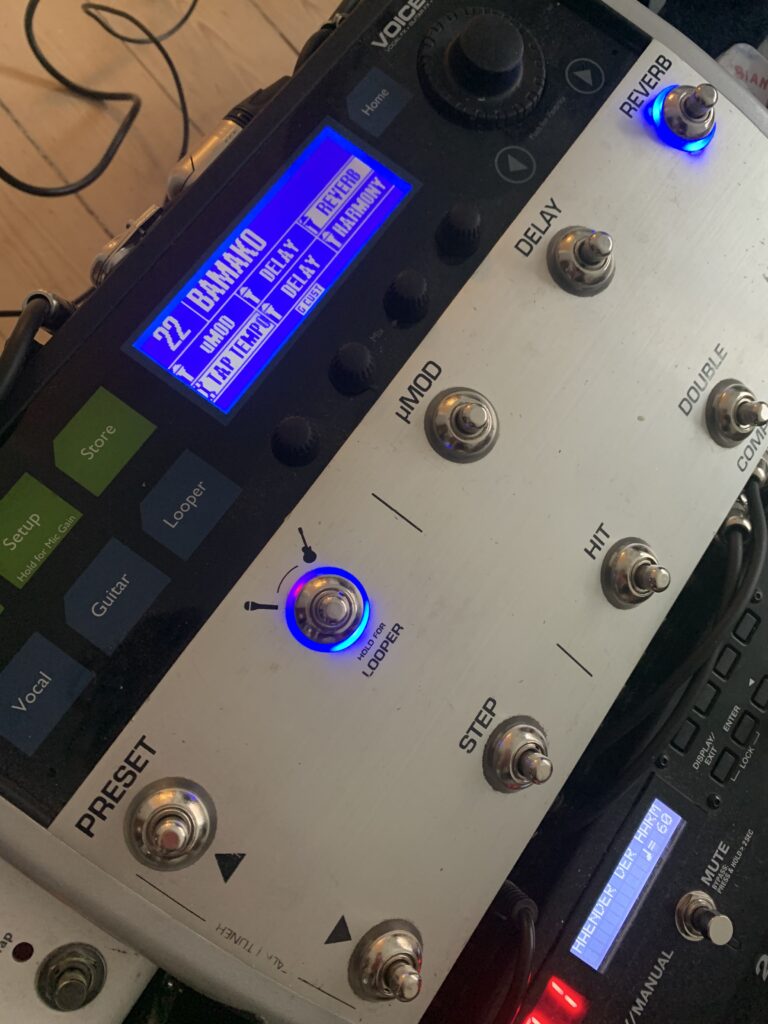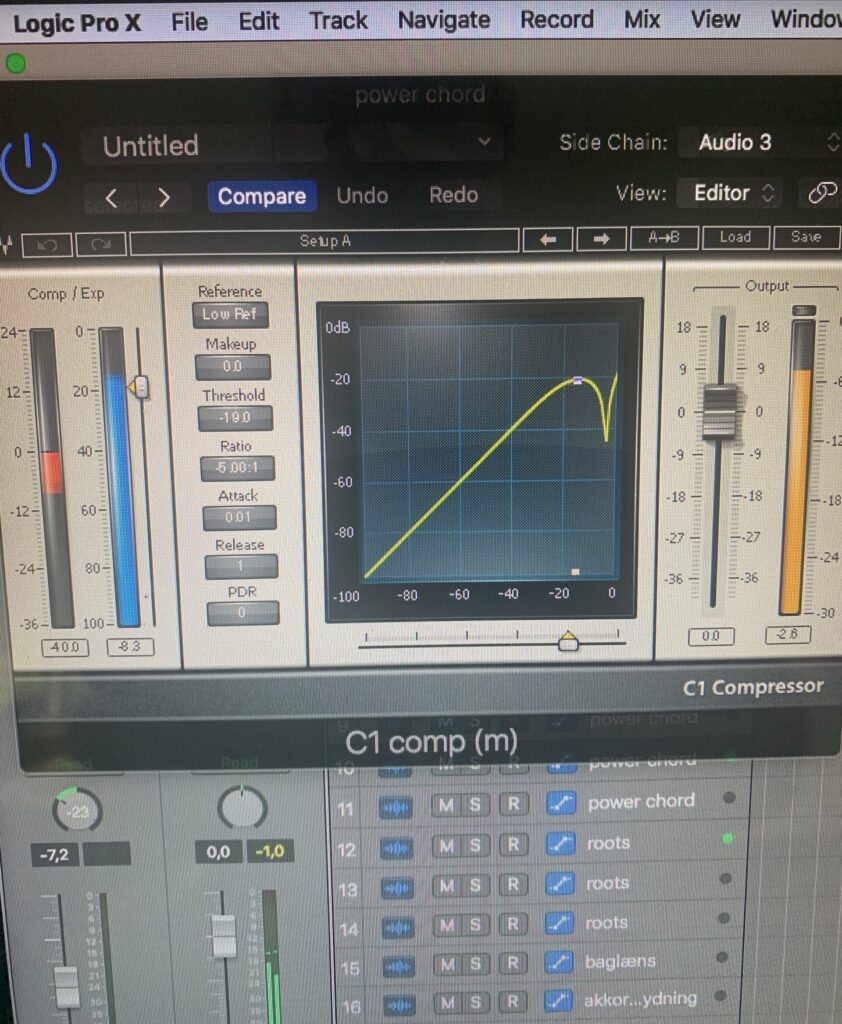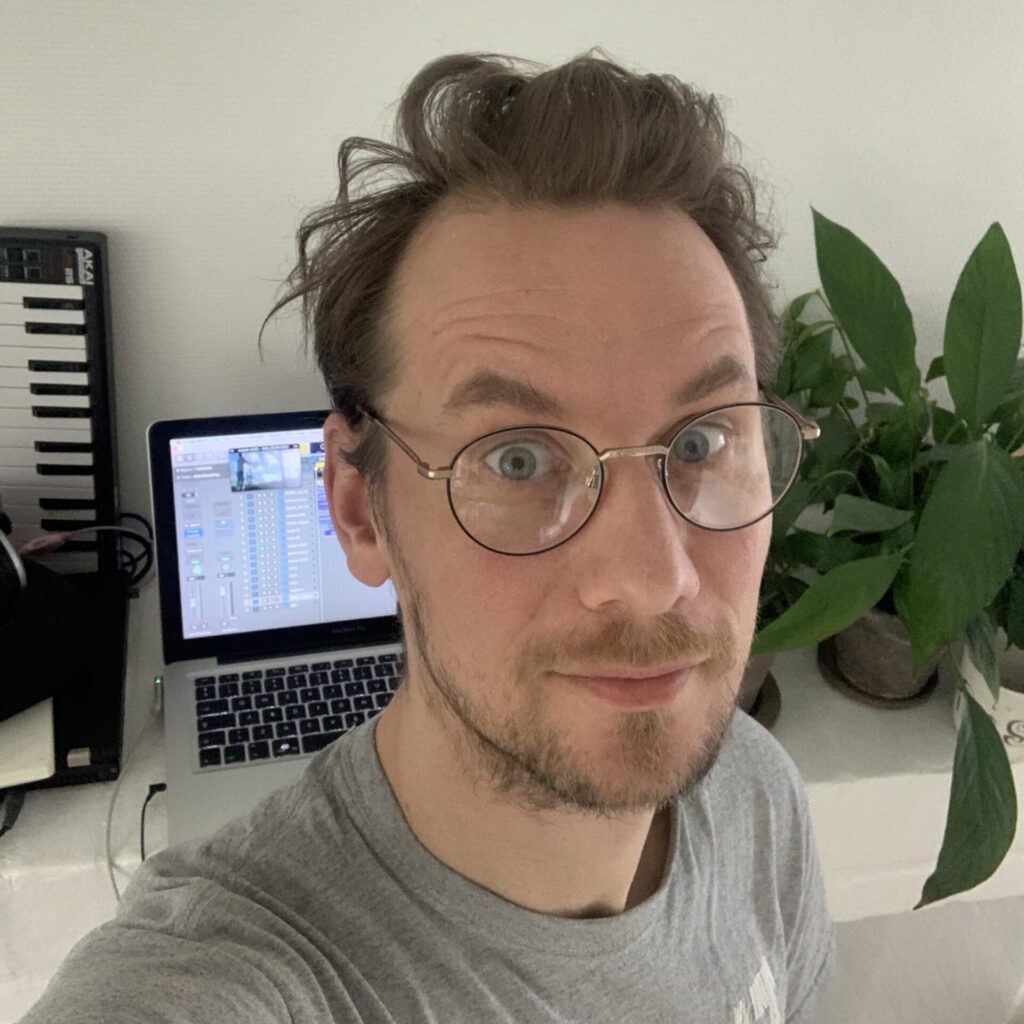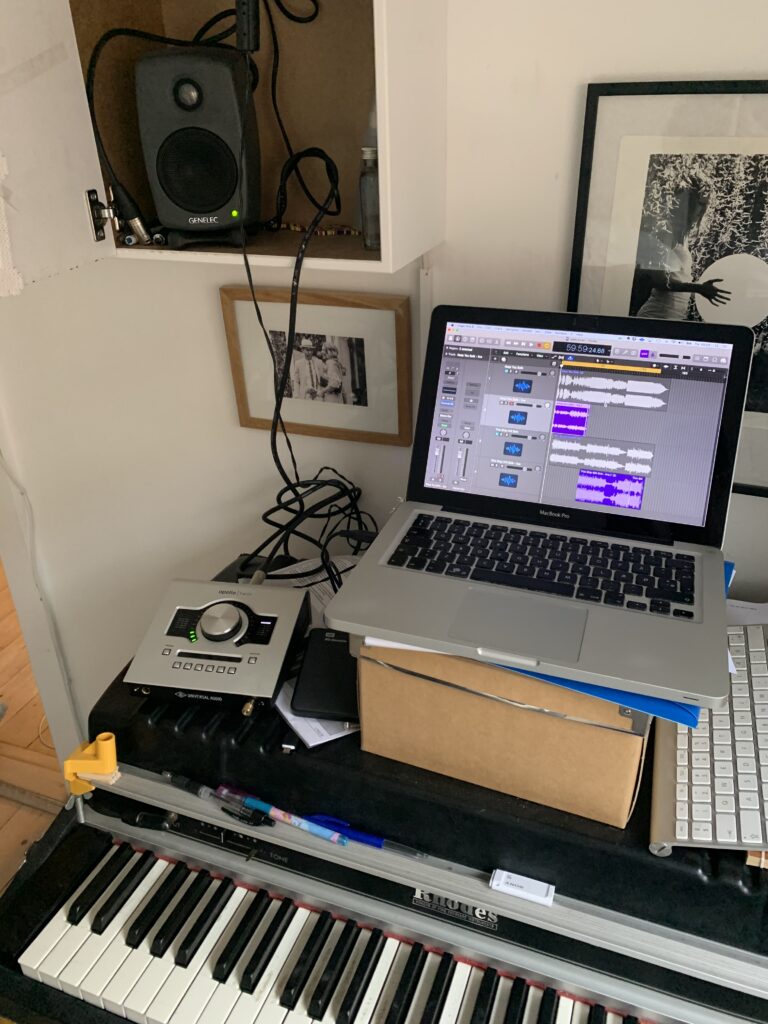1. Favourite knob/fader/switch on a piece of gear and why?
Cooper FX Generation Loss V1 mix knob. Something about the oversized knob, the smoothness with which it moved, and the symmetry of the 6 knob setup with the mix knob proudly in the middle…I ended up parting ways with it to fund the V2 and i have to say, i miss that knob.

2. Do you have an ‘almost’ perfect bit of kit? What would you change?
The Digitakt is so powerful and versatile, I have used it to make beats, ambient loops, and everything in between. For me, I have always wished that it had more playable keys/pads. I am actually currently looking into pairing it with some kind of external pad controller to fully maximize it’s performance playability.
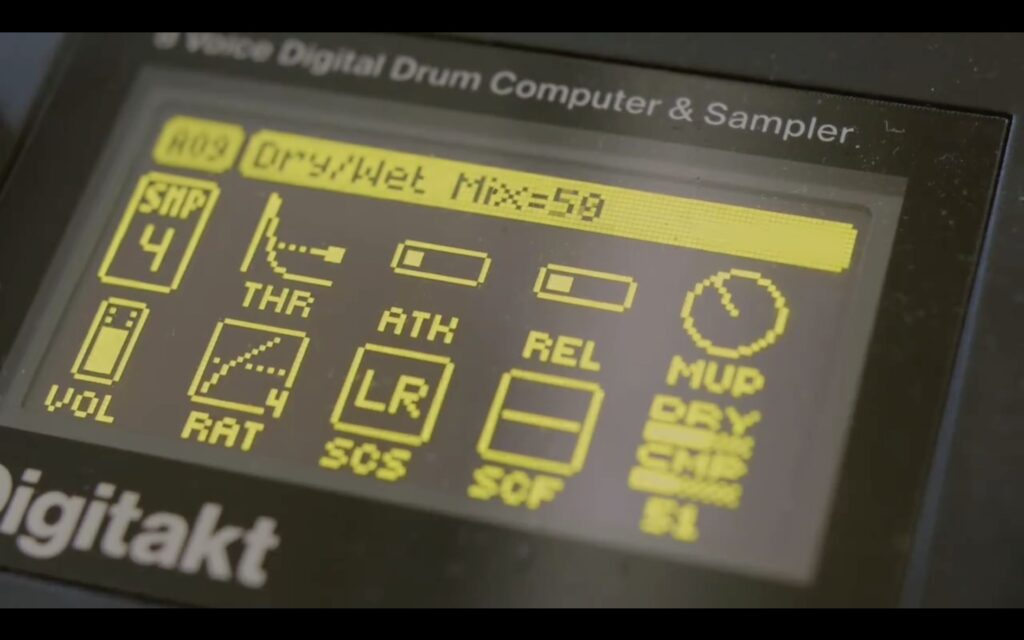
3. What setup do you bring on holiday/tour/commute etc.?
The OP-1. I almost put this answer for the previous question as well, because just think if it had bluetooth! That would make the already quintessential travel companion undeniably perfect.

4. What software do you wish was hardware and vice versa?
I run my studio completely DAWless via the Squarp pyramid, so I don’t have much experience with software synths beyond some of the ones I play with on the iPad. There was this one I remember playing with, ‘Poseidon Synth’, that had a function where it would just randomize all the settings and leave you with something ridiculous. I think that would be fun on a piece of hardware, like say, my DSI Rev2 😛
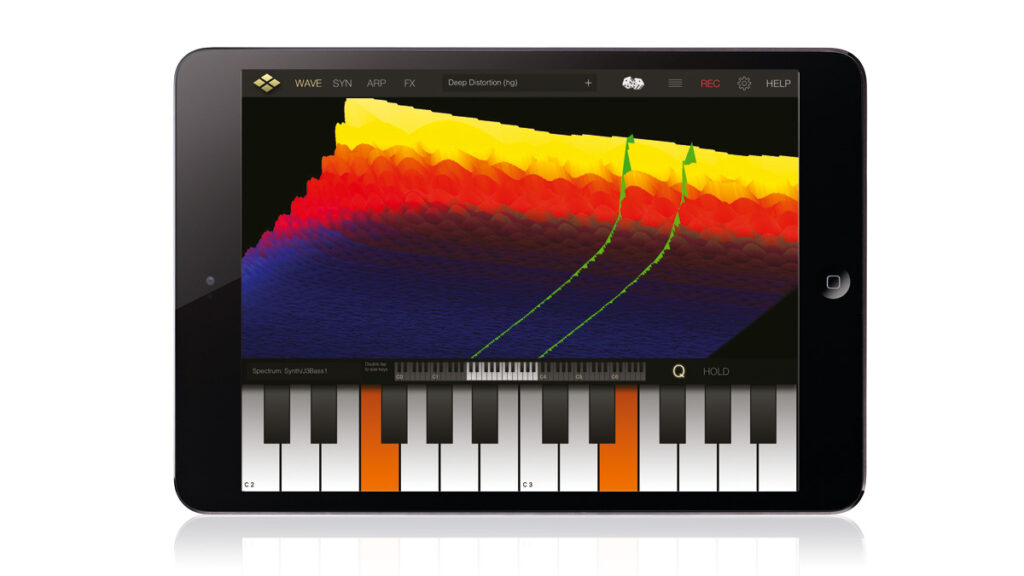
5. Is there anything you regret selling… or regret buying?
I regret selling my Tascam Portastudio 424 Mk1. I ended up making a pretty penny on it thanks to the recent boom in cassette music being made, but I definitely miss it. I have other cassette recorders, but that one was something special.
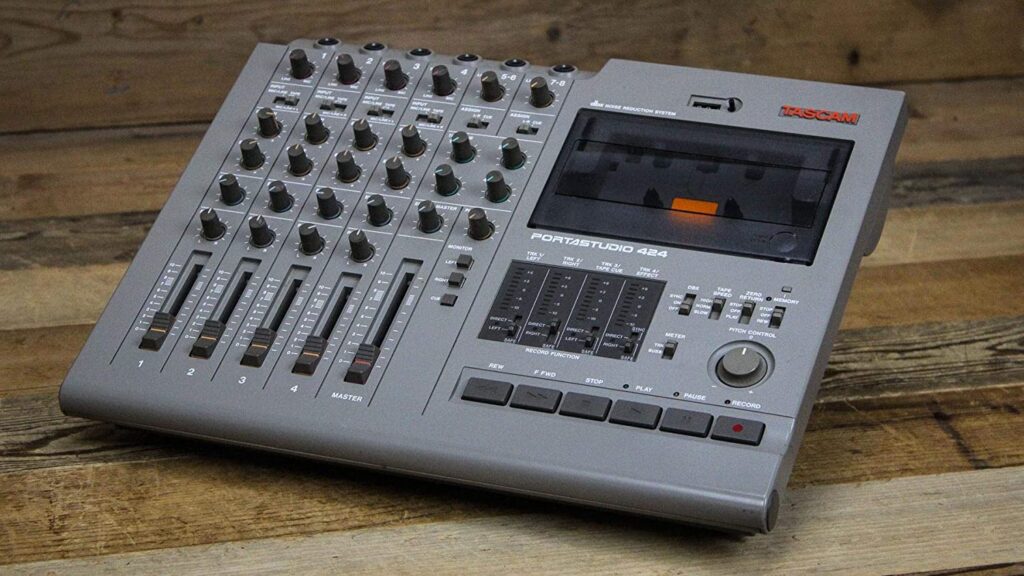
6. What gear has inspired you to produce the most music?
I compose everything at the piano and then move it to the saxophone, or my electronic gear, or wherever I envisioned it. So, while it might not technically be ‘gear’, it was my first instrument, and everything I do, both electronically and acoustically, stems from the piano.
[Editor: I’d definitely say it is gear 🙂 ]

7. If you had to start over, what would you get first?
If I had to start over I would probably buy a really nice audio interface first. I currently run everything into my studio through an Allen & Heath qu-16c, which acts as both mixer and audio interface for me. I have always wondered what things would sound like and how my workflow would change if I was working with an interface from Universal Audio or something comparable.
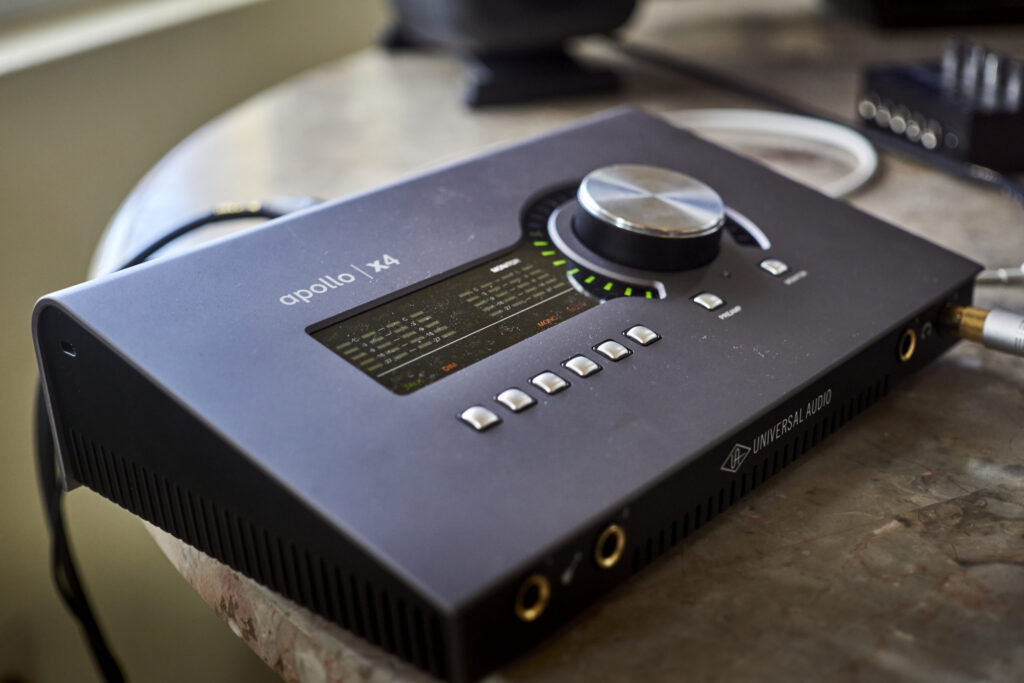
8. What’s the most annoying piece of gear you have, that you just can’t live without
Probably the Keeley compressor on my sax board. I couldn’t live without it because some of the patches I have are really hot and require the use of both a programmable EQ pedal and this compressor/limiter pedal to tame. It’s only annoying because it is not programmable like the EQ, and every time i get my board out of the case I have to readjust the knobs to where I need them.
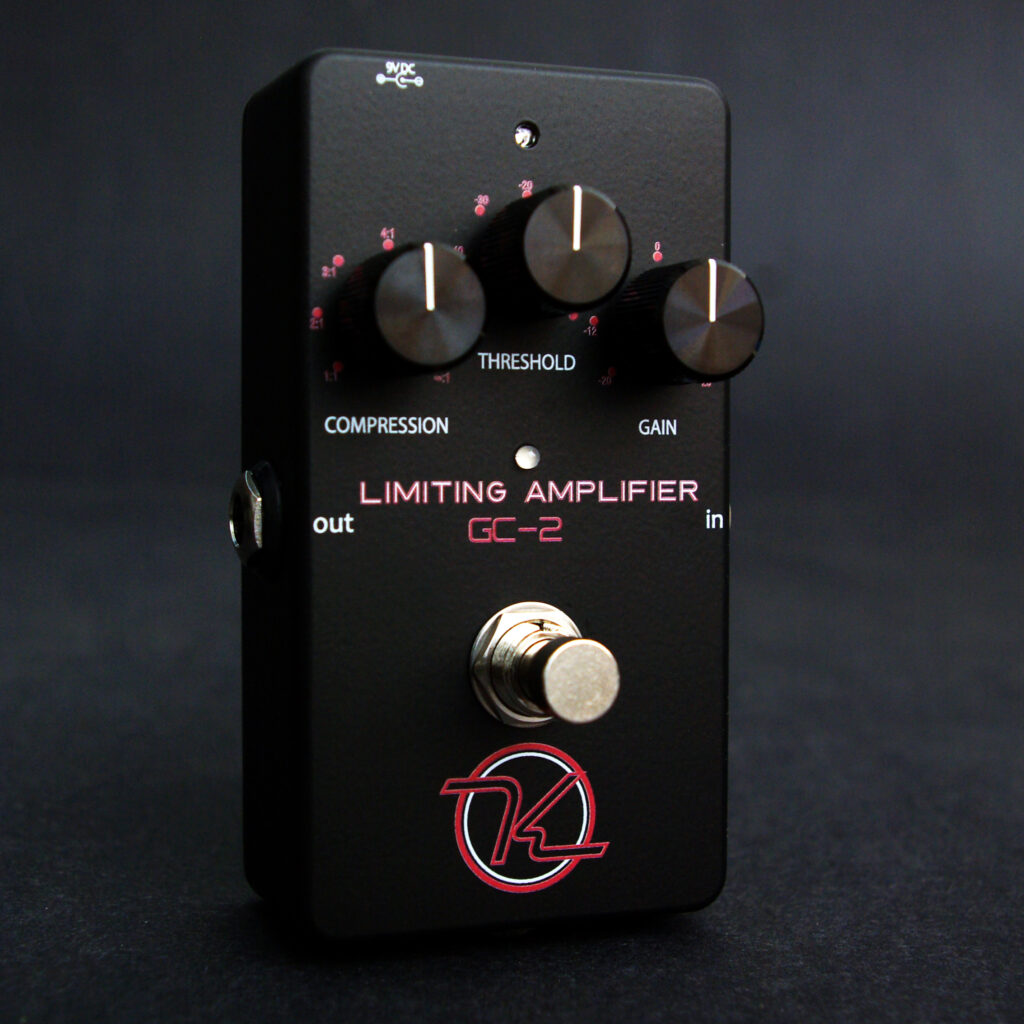
9. Most surprising tip/trick/technique that you’ve discovered about a bit of kit?
A lot of people complain about the OP-1 internal engines sounding extremely digital, tinny, and somewhat like a set of children’s toys. I achieve full, warm sounds on the OP-1 pretty easily with the use of the Elektron Analog Drive at the end of the effects chain. Even just the clean boost setting with a bit of tweaking on the highs and a bit of drive goes a long way and adds a great depth of sound.

Artist or Band name?
My name is Kevin McKinney. I play saxophone/effects for the stinky garage jazz band, ‘Doctor Pizza’ in Detroit, Michigan.
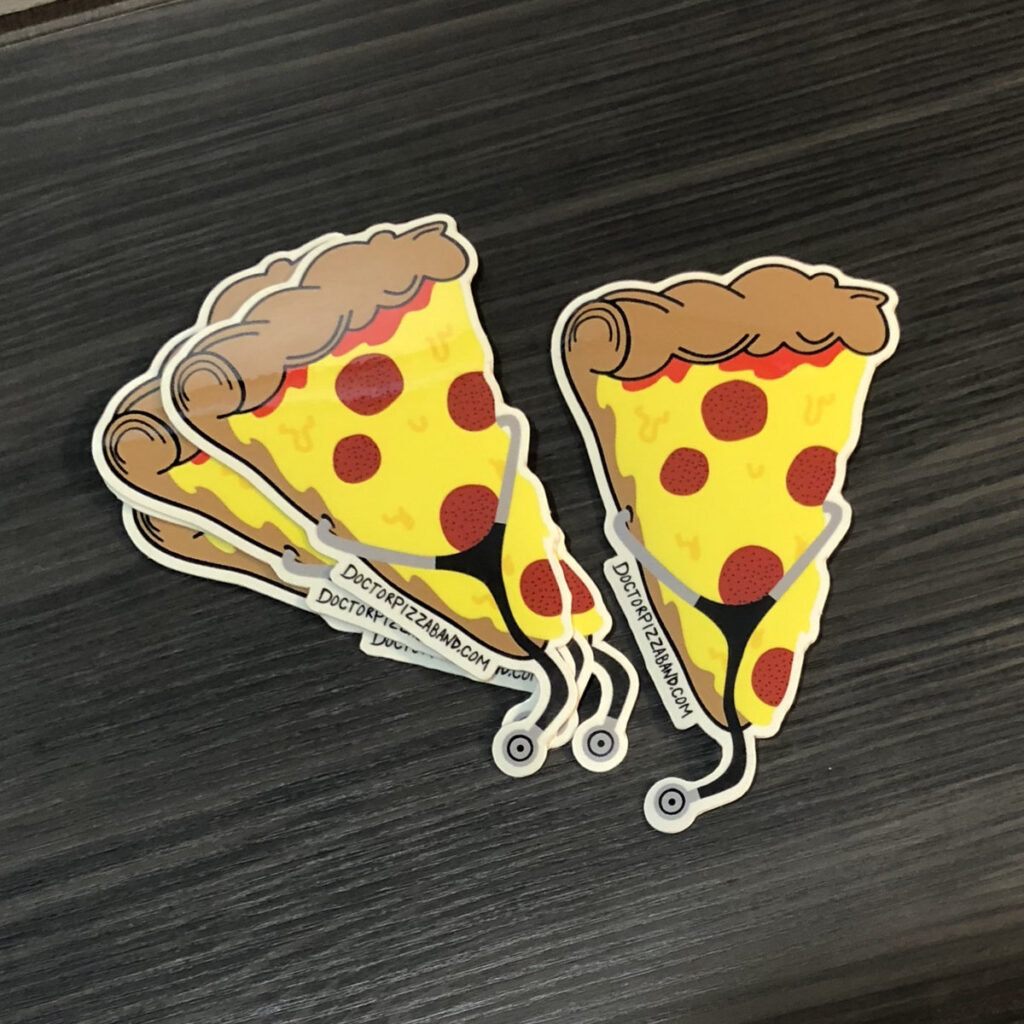

Genre?
I am an improviser and saxophonist, although I do a lot of ambient/soundscape work with my electronic instruments.
Selfie?
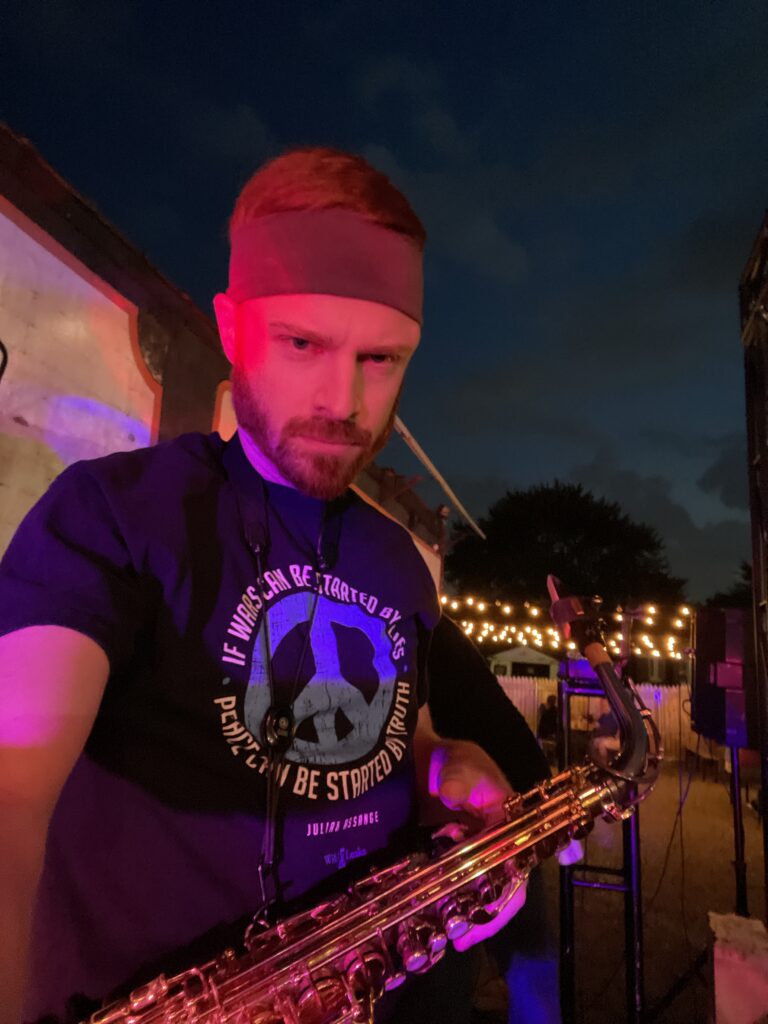
Where are you from?
I am originally from Cleveland, Ohio.

How did you get into music?
I got into music as a toddler. I had a little toy piano that I carried around with me and played all the time. My parents noticed this and started piano lessons for me when I was 4 years old. I was hooked for life.

What still drives you to make music?
I am a new father of boy/girl twin babies, so I have a lot of trouble finding time to make music lately. What drives me to make music, when I do have the time is definitely the way it makes me feel, and the way it can make others feel when they experience it. The rush of holding an altissimo note while the crowd screams..or, contrastingly, the calmness of playing piano alone in your studio with all the lights down… those moments are what make music making so special.
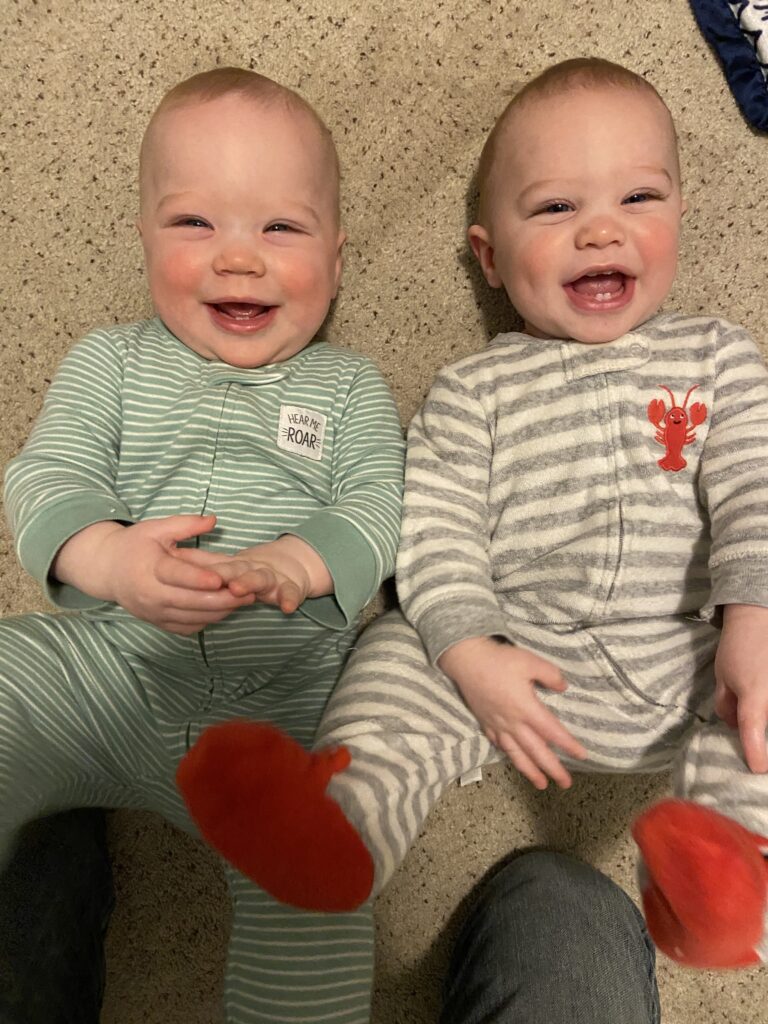
How do you most often start a new track?
I have lot of gear, so sometimes it can be a case of too many options. I like to pick one piece of gear that will be the focus for that session and then build everything around that. Sometimes I will just pick a single pedal, or a synth, or a set of drum samples…anything that can be a launching point.
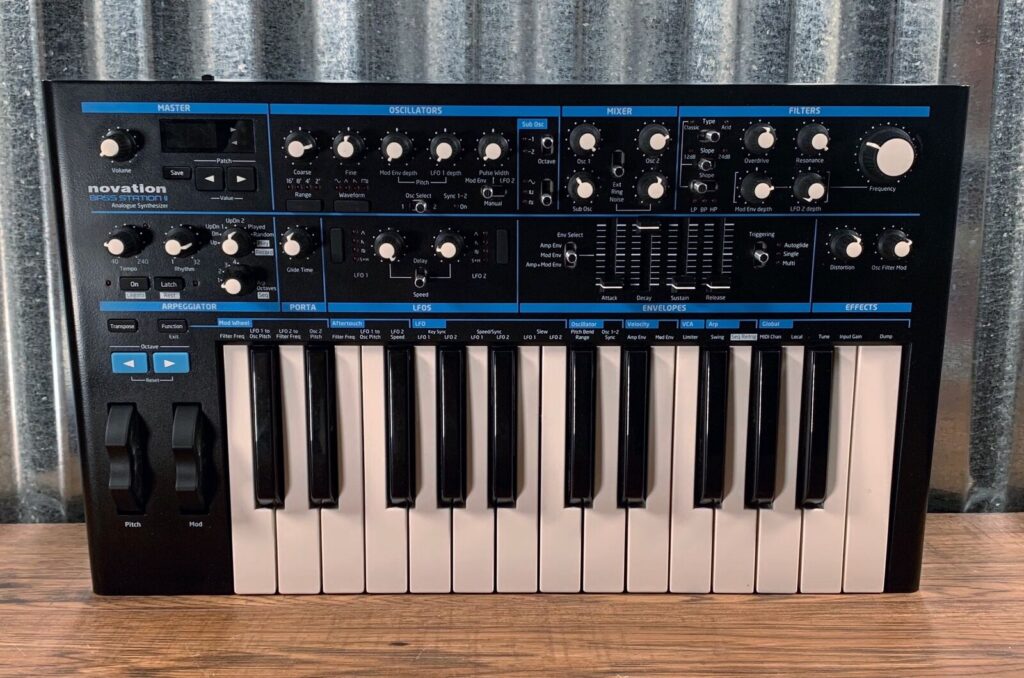
How do you know when a track is finished?
With my band and often with my own music, songs are an ever-evolving thing…I will bring in a loose idea, or a lead sheet with some basics and then we shape the rest together during rehearsal. A lot of times solo sections, the general form of the tune, and even sometimes the melodic information are all up for discussion and debate while we are working through the new idea. I may go back to things I created years ago and change them if I am having trouble coming up with something new.

Show us your current studio
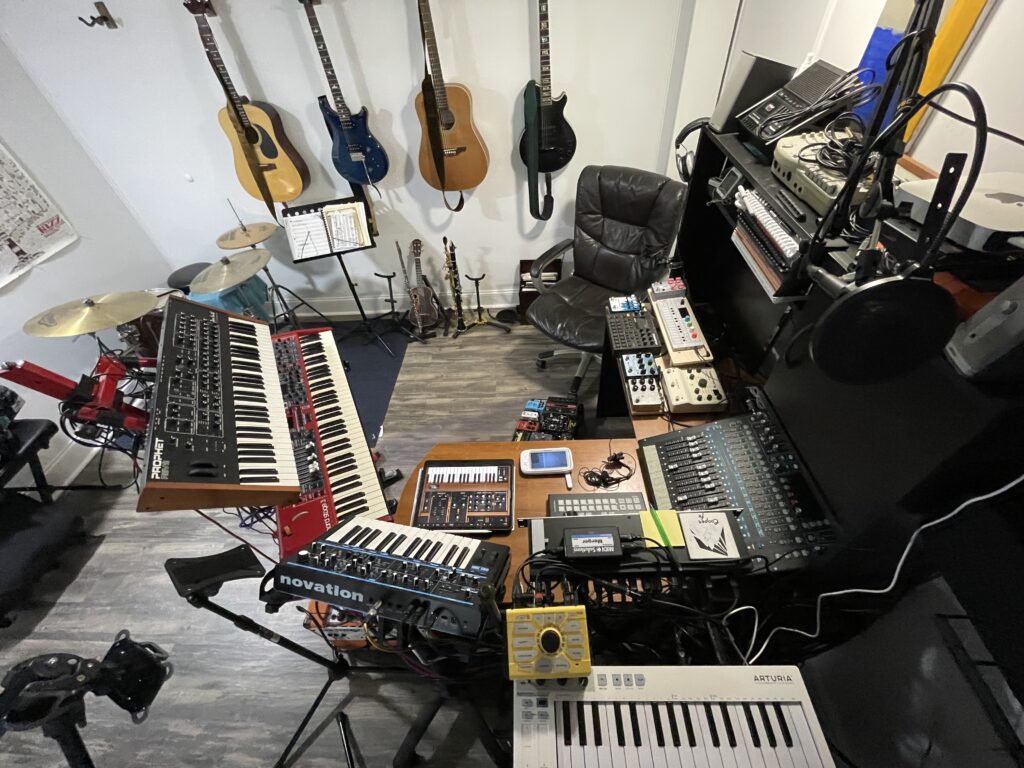
Best creative advice that you’ve ever heard?
I forget who told me this, maybe Dave Liebman?… Anyhow, I remember being in a masterclass and being told that you don’t truly know a song, a melody, a transcribed solo, or whatever it may be until you can SING it. The human voice is the most fundamental and primal of instruments and having that connection to your voice before picking up any instrument and attempting to play something is crucial. As an improviser, I try to employ this same thinking… only let out of your horn what you hear in your head as being complementary to the music that is happening around you.

Promote your latest thing… Go ahead, throw us a link.
Check out my band Doctor Pizza! We are recording our latest album in mid July and hope to have it out later this year. We are on YouTube, Spotify and all major platforms.
www.doctorpizzaband.com
